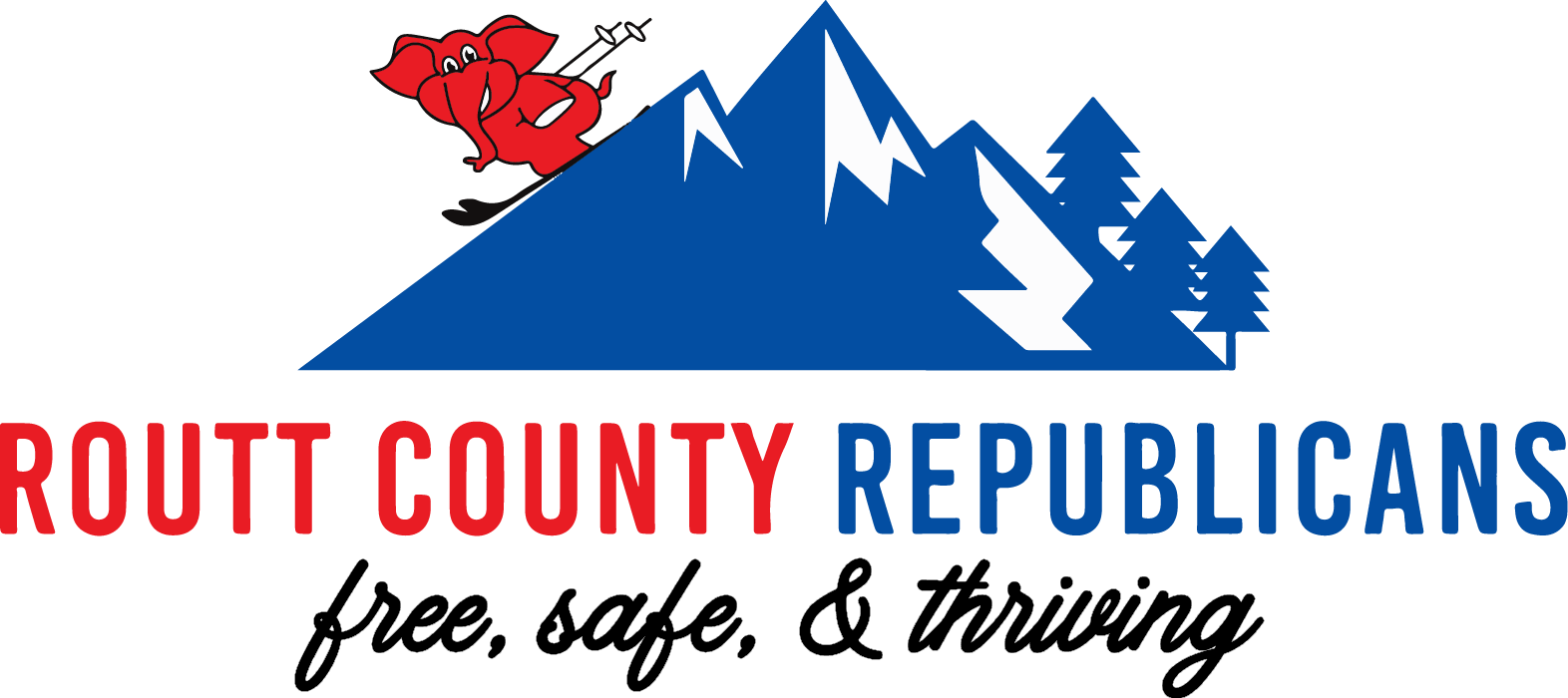Caucus, Assembly & Election
Whether you’re a new or veteran political activist, things can be confusing regarding caucuses, assemblies and elections. Here’s our “must know” reference guide…
Upcoming Important Dates
February 9, 2026 — Deadline for registering as a Republican to participate in Caucus
February 17, 2026 — Deadline to request an accommodation for remote participation in Precinct Caucus (see Accommodation Request)
March 3, 2026 — Precinct Caucus
March 6, 2026 — Deadline to request an accommodation for remote participation in County Assembly (see Accommodation Request)
March 21, 2026 — County Assembly
June 22, 2026 — Deadline to register by mail as a Republican to vote in the primary
June 30, 2026 — Primary Election
View a complete list of important election dates from the Colorado Secretary of State HERE.
Caucus
Who should attend?
- If you support a specific candidate who is running in a contested race.
- If you want to become a PCP.
- If you want to help get delegates elected who support a specific candidate even if you don’t want to become a delegate yourself.
- If you want to get more involved in the party and meet new people.
- If you want to learn how it works or simply cast a vote.
- If you have nothing better to do with your day.
What is a caucus and who can participate? Caucuses are the most grassroots of elections in the whole cycle. Republicans and Democrats each have their own. Interested individuals meet with their fellow party members from their precinct and elect each other as delegates to higher assemblies and as Precinct Committee Persons (PCPs). When running to be elected as a delegate, which assemblies you can run for depends on your county rules. Some let you run for all of them, others say you have to pick one or another. Many people attend caucus just to vote for certain delegates who are supporting certain candidates, or they attend as nothing more than a voter. Other people attend with the goal of being elected delegate. It’s not uncommon for candidates to work to garner support from delegates or plug their supporters in as delegates. It’s strategic, and a good strategy can be very effective at this most grassroots level.
Delegates will be responsible for voting to nominate candidates that range from United States Senator and House of Representatives on down through county commissioner and sheriff, including state house and senate races, and even CU regent. How that vote goes will determine who is on that party’s primary ballot. Any candidate who finishes the caucus and assemblies with less than 10% of the delegate vote is out of the race completely. If they finish with 10-29% they can still petition on but only have a certain number of days to get it completed. And anyone who gets 30% or more of the delegate vote at caucus is automatically on the primary ballot.
Candidates can also skip the assembly and petition on to the ballot instead. The deadline to have those turned in is always third Tuesday of March) and the number of signatures needed varies depending on district and/or race. Sometimes candidates do both the petition and caucus/assembly process.
Ballots will be mailed to you and must be returned by 7pm on the date of the election. There are dozens of ballot drop off locations and as well as several locations where you can vote in person. If you do not receive a ballot, you can request one. You can also track your ballot after it’s returned to ensure your vote is counted.
Please note: accommodation is available for remote participation in a precinct caucus. Information on how to request is on this page (please note link will open in a new tab).
Assembly
Voting for candidates at assemblies helps ensure their name gets on the primary ballot. Only delegates go to the assemblies, so if you want to go to a certain assembly or support a certain candidate at assembly, you must run for delegate to that assembly at your caucus.
Most counties require you also attend the county assembly if you are a delegate to a higher assembly, so make sure both dates are available if you plan to become a delegate. It’s at the assemblies where delegates vote for the candidates as well as party platform changes.
Please note: accommodation is available for remote participation in our county assembly. Information on how to request is on this page (please note link will open in a new tab).
Elections
Colorado’s primary elections are semi-open, allowing unaffiliated voters to vote in one party’s primary. If you are affiliated with a party, even a minor party, you can only vote in your party’s primary.
Colorado mails a ballot to every voter in the state and in a general election, voters can select any candidate on their ballot regardless of party affiliation. Voters can return their ballot by mail, place it in a drop-box, or vote in-person.
Colorado law allows citizens to register to vote AND VOTE up until and on election day before 7pm.
If you do not receive a ballot, contact your county clerk.
You can also track your ballot after it’s returned to ensure your vote is counted.
